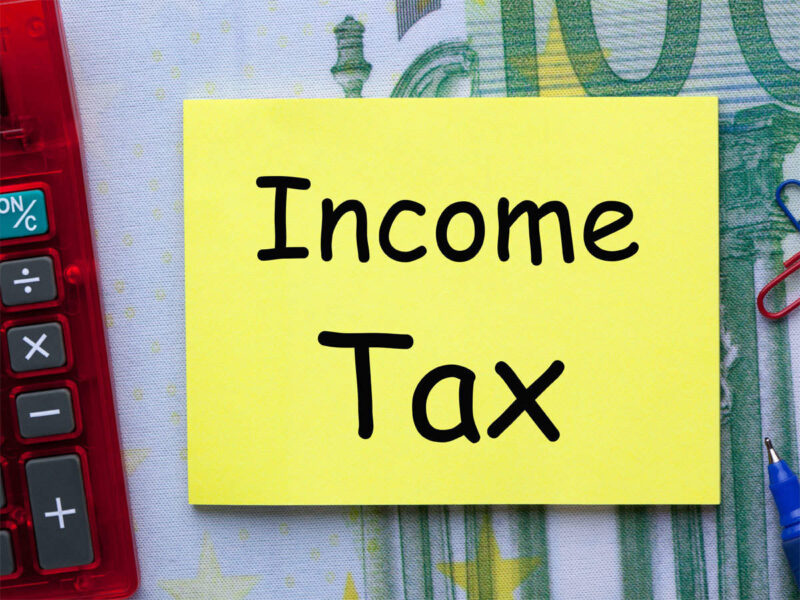There are many changes in the effective income tax rules of the next financial year. Income Tax on Crypto Assets, updated return submissions, new tax rules concerning EPF interest, and tax relief in Covid-19 treatment are some of the main changes that apply from April 1, 2022.
1) Crypto Tax
The Crypto Asset Tax Regime in India will gradually take place in the financial year starting April 1. The provision of 30% tax will be effective at the beginning of the temporary fiscal year associated with TD 1 July will take effect from July 1. , 2022. The budget of 2022-23 has brought clarity about income tax retribution on crypto assets. The threshold limit for TDS will be ₹ 50,000 per year for certain people, which include individuals / HUFS requested to get their account audited under ACT I-T.
2) Crypto is accepted as a gift will be taxed
Also, if you receive a prize in the form of cryptocurrency or other virtual digital assets, it will be responsible for taxation as a gift.
3) Crypto losses cannot be turned off against the benefits of Crypto or other assets
The Indian government has tightened the norms for Crypto by prohibiting losses issued in certain digital assets to depart with revenue from other versions of the Crypto holder. The government will not allow tax relief at infrastructure costs incurred while mining crypto assets because they will not be treated as acquisition fees. For example, if you benefit ₹ 1000 on Bitcoin and the amount of ₹ 700 on Ethereum, you have to pay tax on ₹ 1000 and not on your net income with ₹ 300. Similarly, you cannot trigger the benefits and losses on the cryptocurrency on profit and losses In other assets such as stocks, mutual funds or real estate.
4) Submission of re-renewal
The new allowance is included which allows taxpayers to submit updated returns for errors or errors carried out in the return on income tax. Taxpayers can now propose a return that is updated within two years from the end of the relevant assessment year.
5) Reduction of NPS for state government employees
State government employees will now be able to claim the reduction below the 80CCD section (2) for the contribution of NPS by employers to 14% of the basic salary and their defitess allowance, which is in line with the reduction of employee employees under the section.
6) Tax on PF account
Direct Tax Council (CBDT) has decided to implement income tax regulations (25th amendments) 2021 from April 1. This means that the tax-free contribution caps to ₹ 2.5 lakh are being charged on the providential funds (EPF account). If the contribution is done above, then interest income will be taxed. 7) additional fees in LTCG At present, there is a close at an additional cost of 15% about the increase in long-term capital on sales of registered equity or mutual funds. From April 1, 2022, this Close will be expanded to a long-term increase in capital on all assets.
8) Removal of benefits under the section of 80EEA
There are additional deductions about the interests of home loans to ₹ 1.5 lakh on a house property worth less than ₹ 45 lakh for home buyers for the first time. FM has not yet extended this scheme surpassing March 31, 2022. Therefore, this additional deduction is ₹ 1.5 lakh it will not be available for taxpayers from April 1, 2022. Other reductions are there because the interest of home loans to ₹ 2 lakh will continue S 24 of it acts.
9) Tax relief at Covid-19 maintenance costs
In accordance with the press release in June 2021, tax exemptions have been given to people who have received money for Covid medical care. Likewise, money received by family members at a person’s death because Covid will be excluded to the hospital. 10 lakh for family members if the payment is received within 12 months from the date of death. This amendment will be effective retrospective starting April 1, 2020.
10) tax relief to the disability
Parents or guardians of different people can take insurance schemes for that person

